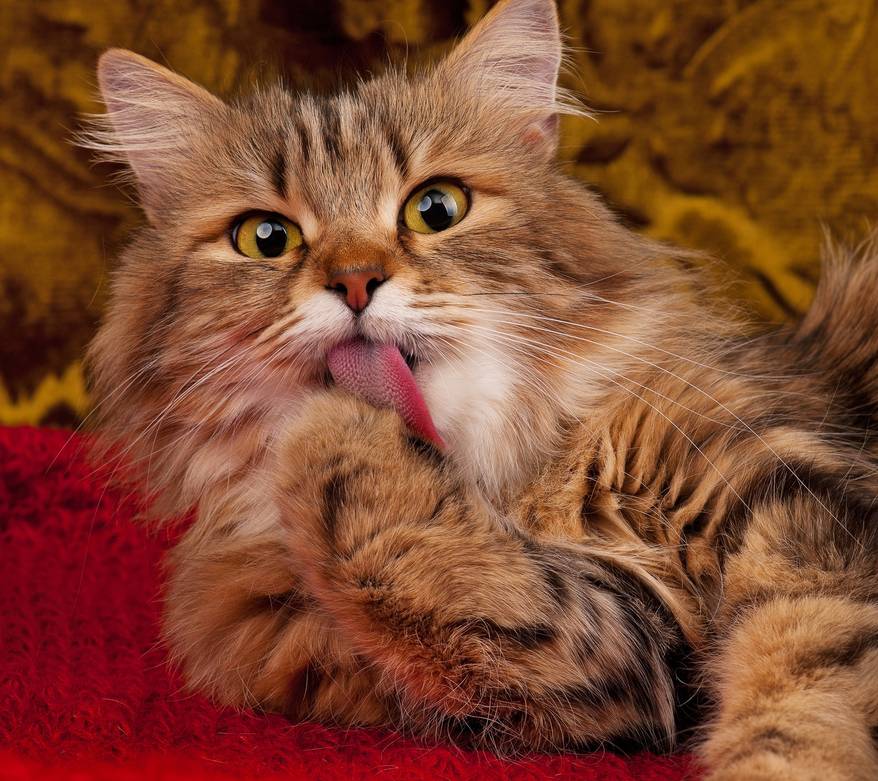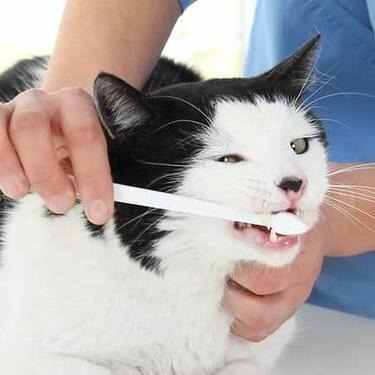
-
Find the right food for your pet
Take this quiz to see which food may be the best for your furry friend.
Find the right food for your pet
Take this quiz to see which food may be the best for your furry friend.
Featured products
 Small & Mini Savory Stew with Chicken & Vegetables Dog Food
Small & Mini Savory Stew with Chicken & Vegetables Dog FoodA delicious complement to the nutrition of Science Diet Small & Mini 7+ dog food
Shop Now Adult Healthy Cuisine Roasted Chicken, Carrots & Spinach Stew Dog Food
Adult Healthy Cuisine Roasted Chicken, Carrots & Spinach Stew Dog FoodDelicious roasted chicken paired with tender vegetables in a succulent stew
Shop Now Adult 7+ Perfect Digestion Chicken, Whole Oats & Brown Rice Recipe Dog Food
Adult 7+ Perfect Digestion Chicken, Whole Oats & Brown Rice Recipe Dog FoodScience Diet's breakthrough nutrition supports ultimate digestive well-being & healthy microbiome for dogs age 7+
Shop NowFeatured products
 Adult 7+ Senior Vitality Chicken & Vegetable Stew Cat Food
Adult 7+ Senior Vitality Chicken & Vegetable Stew Cat FoodImproves Everyday Ability to Get Up & Go
Shop Now Adult Savory Entrée Can Variety Pack Cat Food
Adult Savory Entrée Can Variety Pack Cat FoodPrecisely balanced nutrition with the delicious taste of savory minced chicken to help fuel the energy needs of cats during the prime of their life
Shop Now Adult 7+ Tender Tuna Dinner Cat Food
Adult 7+ Tender Tuna Dinner Cat FoodWith delicious chunks in a decadent gravy
Shop Now -
Dog
- Dog Tips & Articles
-
Health Category
- Weight
- Food & Environmental Sensitivities
- Urinary
- Digestive
- Joint
- Kidney
-
Life Stage
- Puppy Nutrition
- Adult Nutrition
- Senior Nutrition
Cat
- Cat Tips & Articles
-
Health Category
- Weight
- Skin & Food Sensitivities
- Urinary
- Digestive
- Kidney
-
Life Stage
- Kitten Nutrition
- Adult Nutrition
Featured articles
 Does My Pet Hate Me?
Does My Pet Hate Me?Learn tips for bonding with your pet if you've ever thought, 'My dog doesn't like me, or 'Why do I have a standoffish cat?'
Read More Do Dogs and Cats have Belly Buttons?
Do Dogs and Cats have Belly Buttons?Learn whether cats & dogs have belly buttons like humans, what the function is, and if there are any health concerns associated with it.
Read More Why Are Dogs and Cats So Cute?
Why Are Dogs and Cats So Cute?If waggy puppy dog tails and furry kitten yawns make you swoon, you're not alone. Why are cats so cute? And, dogs too! Let's find out!
Read More -


Whether or not you're a smoker, you've no doubt heard a lot about the dangers of secondhand smoke to the people around you. But one thing you may not often hear about is secondhand smoke and pets. Your pets not only share your home, they also share the air you breathe.
Dangers of Secondhand Smoke and Pets

Secondhand and thirdhand smoke are as dangerous to pets as they are to humans. Secondhand smoke is any smoke released into the air that gets inhaled by non-smokers. Thirdhand smoke, which is the smoke residue that attaches to skin, fur and other surfaces, can be just as problematic, especially for cats. A study published in the American Journal of Epidemiology links environmental tobacco smoke to oral cancer in cats, who lick the toxins contained in smoke residue off of the fur when grooming themselves. Cats exposed to secondhand smoke run a greater risk of developing malignant lymphoma. Actually, any exposure at all to secondhand smoke may make a cat two and a half times more likely to develop this type of cancer than cats in non-smoking households. That risk increases with prolonged exposure.
Dogs who breathe in secondhand smoke are more susceptible to certain types of cancers, including lung cancer and nose cancer. The type of cancer a dog is more likely to develop actually depends on the shape of his head. Dogs with long nasal passages are more likely to develop nose cancer, while dogs with short snouts are more likely to contract lung cancer. Secondhand smoke may cause respiratory illnesses in dogs, including chronic asthma and bronchitis. Vetstreet adds that dog skin conditions are exacerbated by exposure to second and thirdhand smoke.


Tasty Tips
Young pets may need several visits in their first year for vaccinations. Adult pets generally benefit from annual check-ups, while senior or special-needs pets might require more frequent visits.
Signs that Your Pets May Be Affected
If your pet has been exposed to secondhand smoke, you should watch them closely and consult your veterinarian immediately if you notice any of the following signs, says the American Nonsmokers' Rights Foundation:
- Any type of breathing problems
- Excessive or unusual salivation
- Diarrhea
- Vomiting
- Irregular heartbeat or other cardiac abnormalities
You should also check your pet regularly for any suspicious lumps or bumps, which could be signs of cancer. Nasal discharge or bleeding in your dog, or mouth sores in your cat, should be checked out immediately. Chronic itching and scratching, biting, chewing and licking, as well as sores and lesions, are signs of skin problems that might be caused by smoking around pets.
How to Help Your Pets
If you must smoke, doing so outside is better than nothing, although it's not a surefire solution. Research in the journal Tobacco Control found that in households where parents went outside to smoke, infants still received five to seven times more exposure to secondhand smoke than infants in non-smoking households. It stands to reason that the same may be true for your pets.
Still, you can take some steps to reduce your pets' exposure to secondhand smoke. In addition to smoking outside, bathe your pets regularly to remove smoke residue, as well as steam cleaning your carpets, furniture and drapes. And, of course, you should refrain from smoking around pets under any circumstances.
The best step you can take to protect your pets from the effects of secondhand smoke — not to mention protecting your own health in the process — is to stop smoking altogether. If you notice any signs that your pet has been affected my secondhand or thirdhand smoke, contact your veterinarian right away. Catching signs of cancer early can help drastically improve your pet's chances of recovering from the disease.


Jean Marie Bauhaus is a pet parent, pet blogger, and novelist from Tulsa, Oklahoma, where she usually writes under the supervision of a lapful of fur babies.
Related products
Related articles

Crystals in your pet's urine can be common, but can also indicate a deeper health concern. Learn about the different types of crystals & what they mean.

Learn about veterinary dental care for your pet, including deep teeth cleaning procedures, which can help your dog or cat maintain proper dental health.

Learn the ins and outs of a televet appointment before you talk to a vet online.

Check out our list of pet-friendly U.S. cities that are excellent travel options, offering off-leash dog parks and pet-friendly restaurants & hotels.

Put your pet on a diet without them knowing
Our low calorie formula helps you control your pet's weight. It's packed with high-quality protein for building lean muscles, and made with purposeful ingredients for a flavorful, nutritious meal. Clinically proven antioxidants, Vitamin C+E, help promote a healthy immune system.
Put your pet on a diet without them knowing
Our low calorie formula helps you control your pet's weight. It's packed with high-quality protein for building lean muscles, and made with purposeful ingredients for a flavorful, nutritious meal. Clinically proven antioxidants, Vitamin C+E, help promote a healthy immune system.

